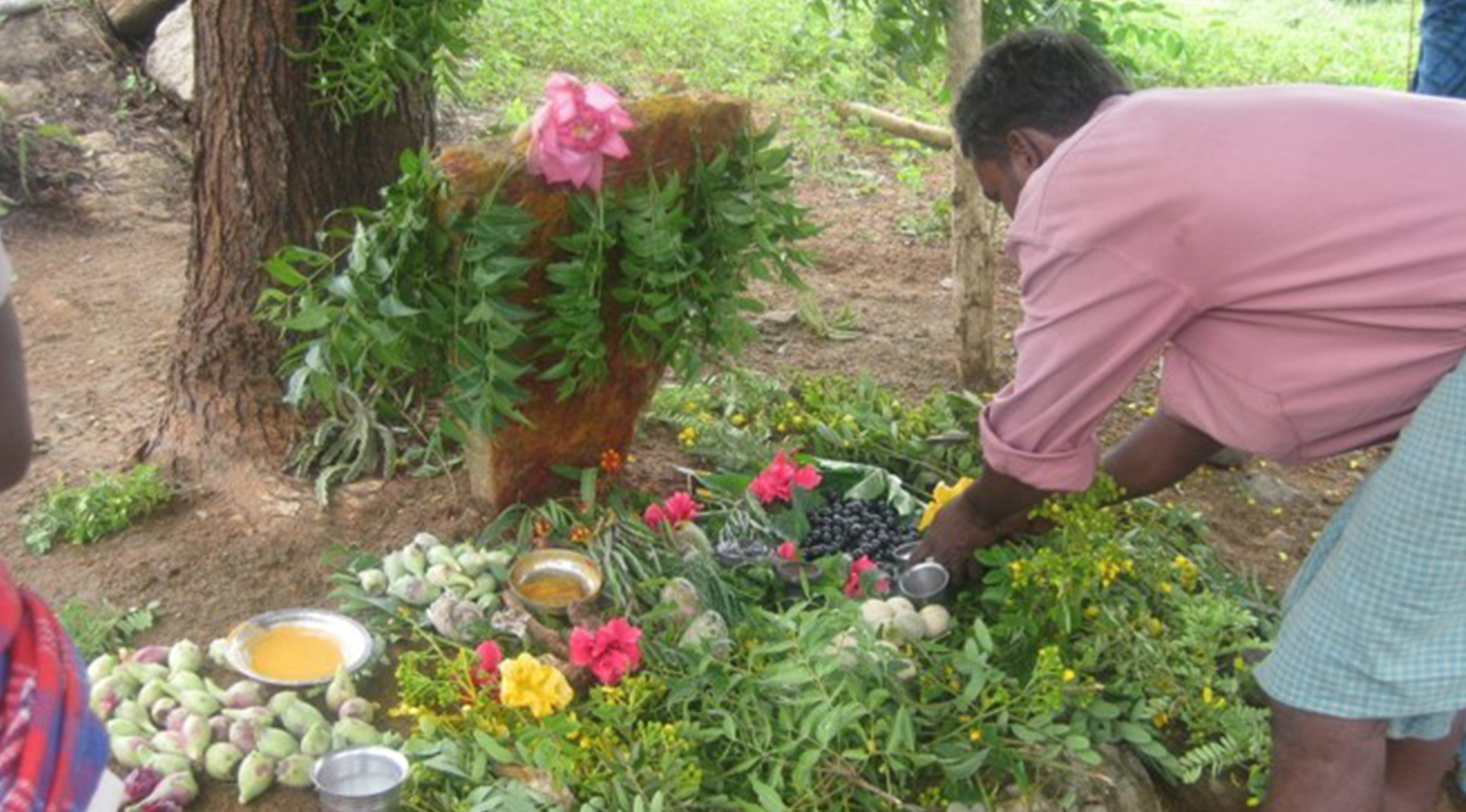As a Catholic organization, the Swiss Catholic Lenten Fund (Fastenopfer) is aware of the importance of religion and spirituality in the specific context of each country, each culture, each universe of belief.
Faced with the extreme poverty of the majority of their faithful, many nuns and priests in southern countries interpret their ministry as a preferential option for the poor – a concept developed in the 1960s in Latin America to demonstrate the Church’s commitment to the poor – and they work actively to promote the rights of the most disadvantaged in a context of sometimes violent conflict. In the Democratic Republic of Congo (DRC), for example, where the Catholic Church is a respected institution (though it’s also the target of violence when it defends human rights), the serious consequences of mining have prompted the Church to set up the Episcopal Commission for Natural Resources (CERN) consisting of 22 regional observatories. This Commission lobbies to improve the law on mining resources and encourages dialog with the populations affected. More recently, the Catholic Church deployed the only observers of the presidential and legislative elections on 30 December 2018, providing 41,000 people. By filling in the gaps left by a State with poor governance, the Church works to promote democratic expression and peace.
On a different note, India’s animist ancestral religion is a powerful lever of the Fastenopfer program to fight debt bondage. By reconnecting with their rejected identity, scorned both by the authorities and by the dominant culture, the untouchables, the native Adivasi people, can rebuild an individual and collective sense of self esteem which acts as the cement for defending their rights. Here spirituality aids the affirmation of their identity, helping to give strength and meaning to their struggle against the authorities and the multinationals taking over the space that constitutes their livelihood, the forest.


